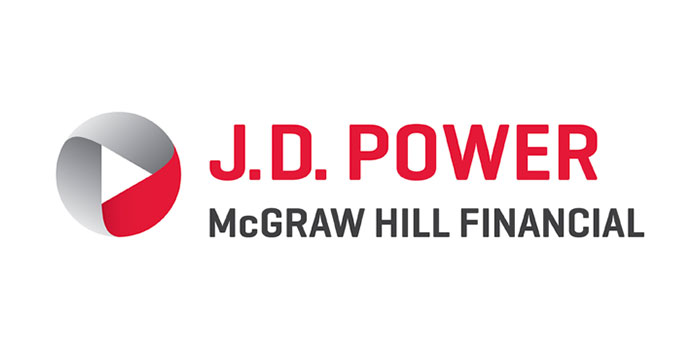 Problems with technology continue to affect vehicle reliability according to the J.D. Power 2016 U.S. Vehicle Dependability Study (VDS). The number of problems with infotainment, navigation and in-vehicle communication systems — collectively known as audio, communication, entertainment and navigation (ACEN) — has increased and now accounts for 20 percent of all customer-reported problems in the study. ACEN is now the most problematic area on most vehicles and is the cause of the industry’s 3 percent year-over-year decline in vehicle dependability, according to the study.
Problems with technology continue to affect vehicle reliability according to the J.D. Power 2016 U.S. Vehicle Dependability Study (VDS). The number of problems with infotainment, navigation and in-vehicle communication systems — collectively known as audio, communication, entertainment and navigation (ACEN) — has increased and now accounts for 20 percent of all customer-reported problems in the study. ACEN is now the most problematic area on most vehicles and is the cause of the industry’s 3 percent year-over-year decline in vehicle dependability, according to the study.
“The increase in technology-related problems has two sources,” said Renee Stephens, vice president of U.S. automotive at J.D. Power. “Usability problems that customers reported during their first 90 days of ownership are still bothering them three years later in ever-higher numbers. At the same time, the penetration of these features has increased year over year.”
The problems most often reported by owners are Bluetooth pairing and connectivity and built-in voice recognition systems misinterpreting commands. Navigation system being difficult to use and being inaccurate are also among the 10 most frequently reported problems.
Building Trust in Technology
While automakers, suppliers and even the U.S. government are enthusiastically moving toward putting fully autonomous vehicles on the roads, consumers need to have confidence in the technologies currently in vehicles before they will be willing to take their hands off the wheel of self-driving cars.
“If you think about the technology problems from the study in the context of conversations around autonomous vehicles, the industry clearly has more work to do to secure the trust of consumers,” said Stephens. “Right now, if consumers can’t rely on their vehicle to connect to their smartphone, or have faith that their navigation system will route them to their destination, they’re certainly not yet ready to trust that autonomous technology will keep their vehicle out of the ditch.”
Expected reliability remains critical in today’s automotive market. More than 50 percent of owners cite expected reliability as one of the most influential reasons for choosing a specific make and model, according to the J.D. Power 2013 U.S. Initial Quality Study. At the same time, concerns about reliability have risen this year as a reason to avoid particular models.
“The decline in reliability coupled with a record number of vehicle recalls and safety-related complaints [to the National Highway Traffic Safety Administration] affect consumer confidence,” said Stephens. “Dependability has a direct impact on purchase decisions and brand loyalty.”
Among owners who experienced no problems with their vehicle, 55 percent purchased the same brand again. In contrast, only 41 percent of owners who experienced three or more problems with their vehicle stayed with the same brand for their next purchase. In addition, only a third of owners who had to replace a component outside of normal wear items said they would definitely repurchase or lease the same brand again.
Highest-Ranked Nameplates and Models
Lexus ranks highest in vehicle dependability among all nameplates for a fifth consecutive year, with a score of 95 problems per 100 vehicles.
General Motors Co. receives eight segment awards and Toyota Motor Corp. six.
The 2016 U.S. Vehicle Dependability Study is based on responses from 33,560 original owners of 2013 model-year vehicles after three years of ownership. The study was fielded from October through December 2015.
The study, now in its 27th year, examines problems experienced during the past 12 months by original owners of 2013 model-year vehicles. Overall dependability is determined by the number of problems experienced per 100 vehicles, with a lower score reflecting higher quality. The study covers 177 specific problem symptoms grouped into eight major vehicle categories.
Find more detailed information about the 2016 U.S. Vehicle Dependability Study, click here.



